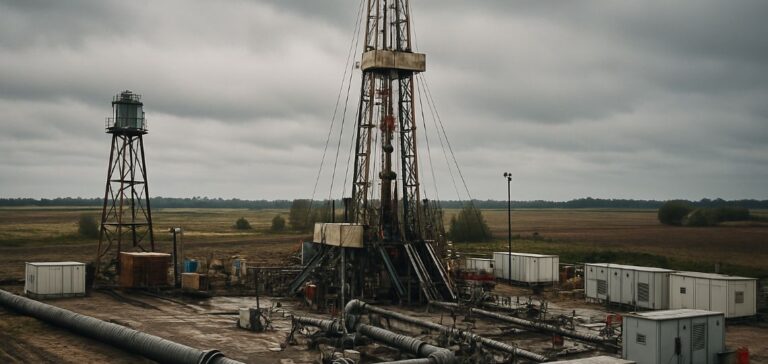The Danish Ministry of Climate, Energy and Utilities has awarded an exploration licence to Norne Thorning Storage ApS, a subsidiary of the US-based Fidelis New Energy LLC, to study the potential of the Thorning geological structure located in the Jutland region. This authorisation represents a step forward in Denmark’s development of carbon dioxide (CO₂) storage capacity as part of a joint initiative with Nordsøfonden, the state’s representative entity in the project.
An in-depth geological exploration programme
The exploration programme led by Norne aims to precisely characterise the underground structure of the site through aerial and 3D seismic surveys, as well as exploration and appraisal drilling. Ross, Norne’s exclusive partner for subsurface and wells studies, is overseeing the technical design of the programme. The objective is to confirm whether the structure can ensure safe and permanent CO₂ storage. If confirmed, Norne and Nordsøfonden will be eligible to apply for a storage licence from the Danish Energy Agency, pending the fulfilment of all environmental and regulatory compliance requirements.
Planned infrastructure and 2030 timeline
A storage facility could become operational before 2030. A receiving terminal is planned at the Port of Aalborg to accommodate CO₂ from industrial sources located in Denmark, the Baltic countries, and other parts of Europe. The infrastructure project aims to pool costs and streamline the logistics of transporting captured CO₂, with Norne considering multiple delivery modes.
European project and cross-border coordination
Norne has been supported by Fidelis New Energy since 2021 and was designated as a Project of Common Interest (PCI) by the European Commission in 2023. This designation underscores the project’s role in the European Union’s CO₂ emissions reduction strategy. The development of the Thorning site forms part of an ongoing dialogue with Danish authorities and European industrial partners, aiming to offer an integrated, cross-border solution to the CO₂ storage needs of high-emitting sectors.






















